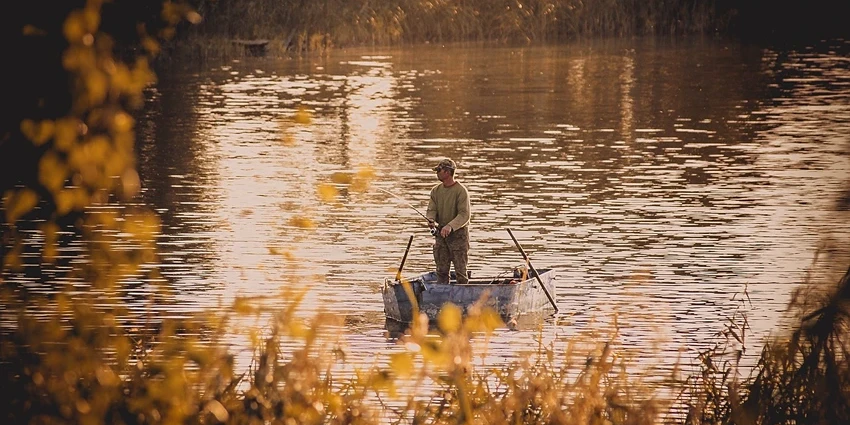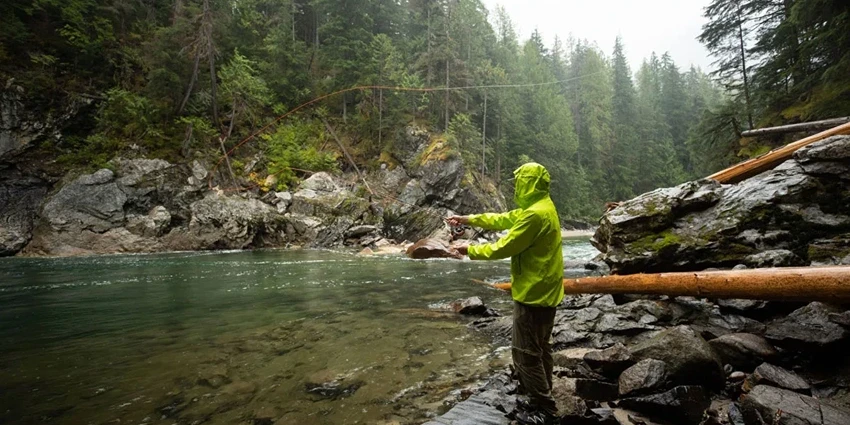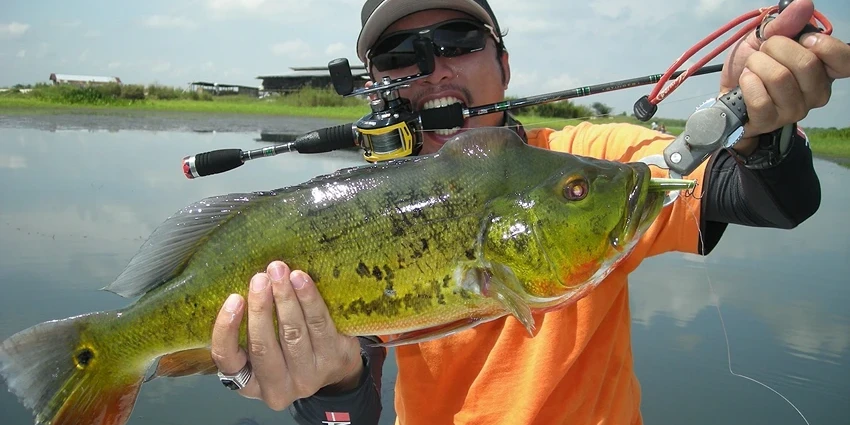All products were chosen independently by our editorial team. This review contains affiliate links and we may receive a commission for purchases made. Please read our affiliates FAQ page to find out more.
Saltwater fishing competitions are not just about the catch; they’re an adventure, a test of skill, and a communion with nature. Whether you’re a seasoned angler or just starting, the lure of the sea is undeniable. This article dives into the world of saltwater fishing, exploring techniques, gear, and the exhilarating experience of competitive angling.

Jump to:
Saltwater Angling Techniques: A Diverse World
Shore-Based vs. Deep-Sea Fishing
Saltwater fishing offers a range of techniques, each with its own set of challenges and rewards. For anglers participating in competitions, having the right equipment, including one of the best fishing kayaks, can make a significant difference in performance. Beginners often start with shore-based fishing, targeting species like spotted seatrout and redfish. This method is accessible and provides a great introduction to saltwater angling. On the other hand, experienced anglers might prefer the thrill of deep-sea fishing, chasing after larger species like marlin or tuna. These methods require different skills and gear, making saltwater fishing a diverse and exciting sport.
Understanding Tides and Their Impact
One of the most crucial aspects of saltwater fishing is understanding tidal movements. Tides can significantly affect fish behavior, making it essential to plan your fishing trips around them. Whether you’re fishing inshore or offshore, being aware of the tidal patterns can be the difference between a successful catch and a missed opportunity.
Essential Gear for Saltwater Fishing
Choosing the Right Rod and Reel
The choice of rod and reel is critical in saltwater fishing. A 7-foot, medium-weight spinning rod and reel combo, rated for 10 to 20-pound test line, is a good starting point for beginners. As you gain experience, you might want to explore other options, including heavier gear for larger fish.
Bait Selection: Live vs. Artificial
Bait selection is another crucial aspect of saltwater fishing. Live baits like shrimp or baitfish often provide consistent action, but artificial lures can also be effective, especially for experienced anglers. The choice of bait can vary based on the targeted species and the fishing conditions.
Target Species in Saltwater Competitions
Commonly Targeted Fish
In saltwater competitions, anglers often target a variety of species. Each species requires a different approach, making knowledge of fish behavior and habitat essential. Understanding these aspects can help you choose the right technique and gear for each species.
Adapting to Fish Behavior and Habitat
Adapting your strategy based on fish behavior and habitat is crucial in competitive angling. Each species has unique patterns and preferences, and successful anglers are those who can read these signs and adapt their techniques accordingly.
Preparing for a Saltwater Fishing Competition
Physical and Mental Preparation
Physical and mental preparation are as important as technical skills in fishing competitions. Being physically fit can help you handle the rigors of a long day at sea, while mental preparation can keep you focused and patient, essential qualities for any successful angler.
Practice and Experience
Practice is key to mastering any skill, and saltwater fishing is no exception. Spending time on the water, experimenting with different techniques, and learning from each experience is the best way to prepare for a competition.
Navigating Saltwater Fishing Regulations
Understanding Legal Aspects
Before heading out, it’s essential to be aware of the legal aspects of saltwater fishing. This includes having a valid saltwater fishing license and understanding the regulations regarding size limits, catch limits, and protected species.
Conservation and Sustainable Practices
Conservation is a crucial part of saltwater fishing. Responsible practices, such as catch and release, and adhering to regulations, ensure the sustainability of fish populations and the health of marine ecosystems.
Register for our latest in-depth reviews and product round-ups from the experts
Enter your email address below to receive our twice monthly reviews emails.
By entering your details, you are agreeing to our terms and conditions and privacy policy. You can unsubscribe at any time.
Technology in Saltwater Fishing

Modern Advancements
Technology has significantly impacted saltwater fishing. From advanced GPS systems to sophisticated fishing gear, these advancements have made finding and catching fish more efficient and enjoyable.
The Role of Technology in Competitive Angling
In competitive angling, technology can provide a significant advantage. It allows anglers to locate fish more quickly, understand their environment better, and adapt their strategies accordingly.
Saltwater Fishing Safety and Etiquette
Safety Measures
Safety is paramount in saltwater fishing. This includes wearing appropriate safety gear, being aware of weather conditions, and knowing emergency procedures.
Angling Etiquette
Good sportsmanship and etiquette are essential in competitive fishing. This includes respecting other anglers, following tournament rules, and practicing ethical fishing methods.
Technology’s Role in Enhancing Fishing Experience
Navigating with GPS and Sonar
| Technology | Use in Fishing |
| GPS | Locating fishing hotspots and navigating waters |
| Sonar | Identifying fish and underwater structures |
Advancements in Fishing Gear
Modern fishing gear has evolved to be more efficient and user-friendly. High-tech rods, reels, and lines have enhanced the angling experience, making it easier to target specific species and adapt to different sea conditions.
Ethical Angling: Conservation and Sportsmanship
Catch and Release Practices
| Practice | Benefit |
| Using barbless hooks | Minimizes injury to fish |
| Handling fish with wet hands | Protects fish’s slime coat |
Respecting Marine Life and Habitat
Understanding and respecting the marine ecosystem is crucial. This includes adhering to size and bag limits, avoiding sensitive habitats, and being mindful of the impact of fishing on the environment.
Frequently Asked Questions (FAQs)
Common targets include marlin, tuna, and redfish, each requiring specific techniques and gear.
Tides significantly influence fish behavior; understanding and planning around them can greatly increase your chances of success.
Always wear a life jacket, check weather conditions, and have a communication plan in case of emergencies.
Yes, technology like GPS and sonar can help locate fish and navigate waters more effectively.
Follow catch and release guidelines, use eco-friendly gear, and respect marine life and habitats.
Preparing for Your Next Saltwater Fishing Adventure
Planning and Research
| Aspect | Importance |
| Weather conditions | Crucial for safety and success |
| Fish species habits | Key to choosing the right technique and gear |
The Thrill of Competition: Embracing the Challenge
Competing with Passion and Respect
Competitive fishing is not just about winning; it’s about passion, respect for the sport, and the joy of connecting with fellow anglers. Embracing these values makes the experience more fulfilling and enjoyable.
Celebrating Successes and Learning from Failures
Every competition, whether successful or not, is an opportunity to learn and grow. Celebrating your successes and analyzing your failures leads to continuous improvement and a deeper appreciation for the sport.







